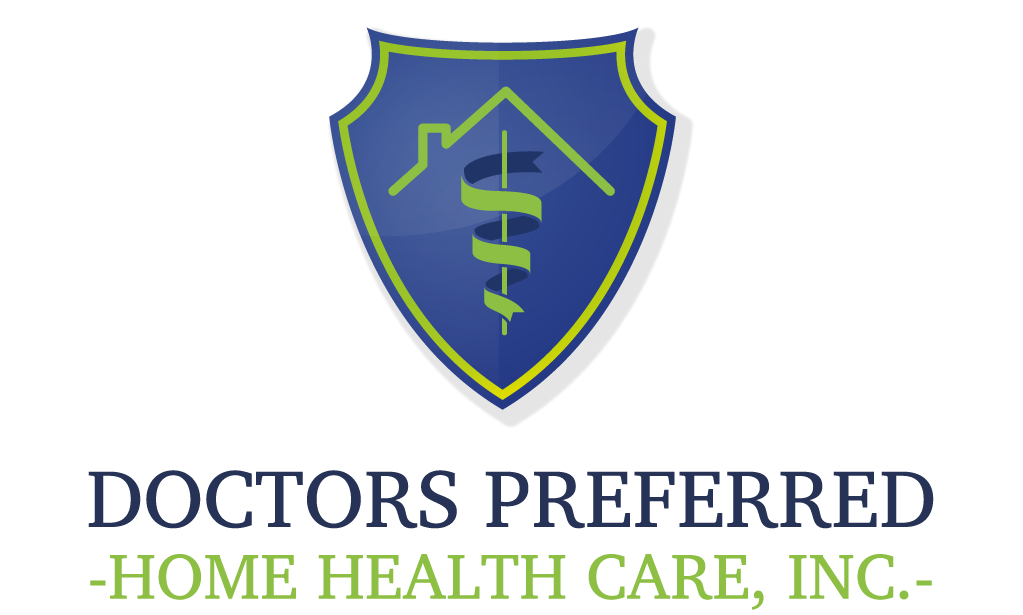In recent years, there has been a significant shift in the way healthcare is delivered, with a growing emphasis on home-based medical care. Traditionally, medical care was confined to hospitals and clinics, but with advancements in technology and a greater focus on patient-centered care, home-based medical services are becoming increasingly popular. This article explores the benefits and advantages of embracing home-based medical care, as well as the positive impact it can have on both patients and the healthcare system.
Comfort and Convenience in Familiar Surroundings
One of the primary advantages of home-based medical care is the comfort and convenience it provides to patients. Being treated at home allows individuals to receive necessary medical attention in the familiar and comfortable surroundings of their own homes. This can significantly reduce stress and anxiety, which are often heightened in clinical settings. Moreover, being in a familiar environment can contribute to a quicker recovery and a more positive overall experience for the patient.
Enhanced Quality of Life
Home-based medical care allows patients to maintain their independence and dignity while receiving the necessary care they need. Seniors, in particular, benefit greatly from home care services as it enables them to age in place with the support they require. Additionally, patients with chronic conditions can experience an enhanced quality of life through regular home visits from healthcare professionals. This not only helps manage their medical needs but also improves their emotional well-being.
Reducing Hospital Readmissions and Healthcare Costs
By embracing home-based medical care, hospitals can potentially reduce the rate of readmissions for certain patients. Studies have shown that patients who receive appropriate home care are less likely to be readmitted to hospitals for the same conditions. This not only improves patient outcomes but also alleviates the burden on the healthcare system and reduces healthcare costs in the long run.
Leveraging Technology for Better Healthcare
Advancements in technology have been a game-changer in the healthcare industry, especially for home-based medical care. Telemedicine, for instance, enables remote consultations between patients and healthcare professionals, facilitating faster diagnosis and treatment. Additionally, mobile health apps and wearable devices empower patients to actively participate in their own care and monitor their health status. Embracing such technological innovations can lead to more efficient and effective healthcare services at home.
Strengthening the Bond Between Patients and Caregivers
Home-based medical care fosters a stronger bond between patients and their caregivers. With the focus on personalized attention and individualized care plans, patients feel more valued and heard. Caregivers, on the other hand, can develop a deeper understanding of their patients’ needs, leading to better communication and improved treatment outcomes.
Navigating Challenges and Ensuring Safety
While home-based medical care offers numerous benefits, it also presents certain challenges that need to be addressed. Ensuring patient safety and privacy, coordinating care among multiple healthcare providers, and managing emergencies effectively are some of the key considerations. However, with proper protocols, training, and communication, these challenges can be navigated successfully.
Embracing the Future of Healthcare
Home-based medical care is undoubtedly a significant aspect of the future of healthcare. As the demand for patient-centered care and cost-effective solutions rises, this approach will continue to gain traction. By embracing home-based medical care, we can create a healthcare system that is more efficient, compassionate, and accessible for all.

